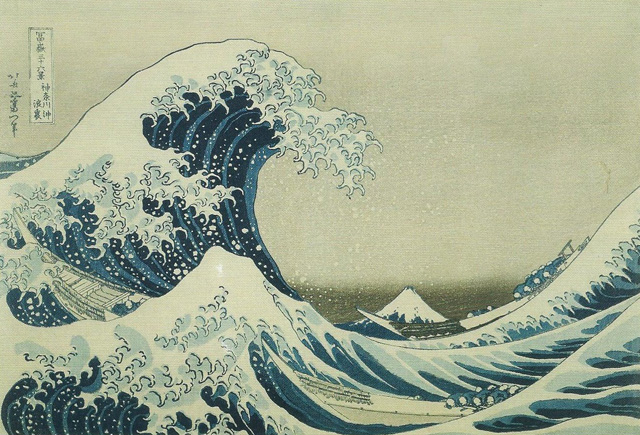Marc Prensky wrote this text in 2001, in which he coins two important terms for the study of technology, the digital natives and the digital immigrants. While it’s not clearly defined who are exactly the digital natives, I can deduct from the text, that it’s a generation born in the eighties, also known under the name of Generation Y:
What should we call these “new” students of today? Some refer to them as the N-[for Net]-gen or D-[for digital]-gen. But the most useful designation I have found for them is Digital Natives. Our students today are all “native speakers” of the digital language of computers, video games and the Internet.
So what does that make the rest of us? Those of us who were not born into the digital world but have, at some later point in our lives, become fascinated by and adopted many or most aspects of the new technology are, and always will be compared to them, Digital
Immigrants.
I find it interesting that Marc Prensky talks mostly about the difficulties adapting to these new realities in education. It’s perfectly understandable, at the time this text was written, the digital natives were in school and teachers, the digital immigrants, had to face new challenges. Even after a decade, these challenges are still haunting education, as you could see in one of my previous posts, but in the same time there are more and more teachers that are either digital natives themselves, or well adapted digital immigrants and they find ways to grab the attention of their students.
While I understand the need of sociologists to put up limits and define generations according to their date of birth, in this case we do have to take in account the socio-economic background of a person. Digital divide, resulted from factors such as income and geographic location should play a role in labeling someone as a digital native or an immigrant.
While I was born in the seventies, I don’t really fall into the digital native category, but even if I would been born in the eighties, I would still lie if I would call myself a digital native. In Eastern Europe technology was less developed and less accessible as in the developed countries and this sort of situations can be found even today in many corners of the world.
Anther description of a digital native presented in this paper that bothers me can be found in this passage:
As Digital Immigrants learn – like all immigrants, some better than others – to adapt to their environment, they always retain, to some degree, their “accent,” that is, their foot in the past. The “digital immigrant accent” can be seen in such things as turning to the Internet for information second rather than first, or in reading the manual for a program rather than assuming that the program itself will teach us to use it. Today‟s older folk were “socialized” differently from their kids, and are now in the process of learning a new language. And a language learned later in life, scientists tell us, goes into a different part of the brain.
There are hundreds of examples of the digital immigrant accent. They include printing out your email (or having your secretary print it out for you – an even “thicker” accent); needing to print out a document written on the computer in order to edit it (rather than just editing on the screen); and bringing people physically into your office to see an interesting web site (rather than just sending them the URL). I‟m sure you can think of one or two examples of your own without much effort. My own favorite example is the “Did you get my email?” phone call. Those of us who are Digital Immigrants can, and should, laugh at ourselves and our “accent.”
While the author acknowledges that some digital immigrants are well adapted, he gives me the impression that the digital natives would be digitally more literate than their older peers. Digital literacy does not depend only on the date of birth of a person, or on their childhood being surrounded by gadgets, but rather a mindset, a digital thirst that can drive a person to learn new things and adapt to new ways.
One of my friends grew up in a war zone, in a remote village, his home did not had electricity until he was 15. Today, he lives in Montreal and he’s a computer science engineer, the typical geek that loves gadgets and knows how integrate them in his life. Calling him a well integrated digital immigrant would underrate his skills and way of life. He’s for me the perfect example of a person that skipped the whole digital nurture of a native.
It’s important to make this nuance, because the oposite can happen too, a kid who grows up in a digitally loaded environment, not to perform well as a digital native as he would lack the thirst for digital literacy.
12 years after this article, I think we’re in a better position to understand this phenomenon and there are more and more signs of the direction the working field is taking. The more we learn about this, the less of guess work becomes drafting an educational curriculum.









